We’re about two-and-a-half months shy of the one year anniversary of the horrific Watts Family Murders, and Investigation Discovery are the first to do what looks like a thorough and in-depth recap.
The heaviest hitter in the true crime special is deputy district attorney Steve Wrenn. This is him:

Although Wrenn seems to be a relatively unfamiliar figure in the Watts saga, especially given the prominent role of Michael Rourke, he was part and parcel of the prosecution team from the beginning.
We also saw him in court on the few occasions [just three in fact] when the case was actually heard within the protocols and prescriptions of a criminal trial. While Rourke addressed the court at the sentencing trial, and stood by while Frank senior and Frank junior read their statements [Rourke also read Frankie’s statement for him], Wrenn stood beside Sandi Rzucek when she read her statement.
According to Fox News:
The mini-series features interviews with those familiar with the tragedy and experts who have covered the case extensively. It also highlights body camera footage from the Frederick Police Department, as well as new details from the investigation following Watts’ jailhouse confession. Steve Wrenn, the Deputy District Attorney for Weld County who was interviewed for the special, told Fox News those who handled the case are still attempting to make sense of it.
A year after the family annihilation, almost everyone involved is still asking why. This suggests that the interrogations of FBI agent Grahm Coder and CBI agent Tammy Lee may continue until there is a better handle on Watts – at least from the perspective of the authorities and prosecutors.

Wrenn describes the “ripple effect” of the crime on first responders as being “phenomenal”. While those involved in the recovery of the Watts children from the tanks may be damaged psychologically, perhaps permanently, Watts himself seems to have emerged from his own handiwork relatively unscathed, and even upbeat.

Perhaps there is a world of difference between killing someone who is alive [even one’s own family] and the gruesome task of reaching into the dark to fish out their remains. This may seem a silly statement, but it’s one I’m grappling with as part of the research for OBLIVION, the 8th book in the TWO FACE series. In our rush to judge murderers, we ourselves tend to prefer them to be worse – sometimes – than they really are. And so when given the option of their committing a crime in a harsh and callous manner, that seems to fit better than a more subtle, strategic and painless [planned] taking of lives.
Even Watts – during the First Confession phase – seemed to wince at the prospect of being involved in fishing out the remains of his daughters. He was appalled at the notion of his coworkers being involved in the same operation. Not that this is absolute proof or proof of any kind, but when Coder prodded Watts on whether he shoved the bodies of Bella and Celeste through the thief hatches while they were alive, Watts was similarly aghast.

In the second interview the same issue came up and Watts again denied it.
 Wrenn also describes his own feelings while watching Watts during his interrogations.
Wrenn also describes his own feelings while watching Watts during his interrogations.
“I don’t know if I’ve ever been more frustrated in my life watching something take place.”
When Watts casually describes doing the unthinkable, there is a sense that there is a serious screw loose with this guy, and only he seems unaware of it. Even so, he seems to be trying awful hard to be everyone’s pal. It’s this aspect that seems to distinguish Watts from other sociopaths. He does the unthinkable, and yet he seems to care very much what people think of him, and tries very hard to appear not as monstrous as he otherwise might. It’s not just that, what’s unnerving is his effort to be pals with law enforcement, when they know who and what he really is. His game seems to be making friends, which is precisely the ruse they use to extract more information from him. It’s done gently, painstakingly and the result is the cops get something for their trouble [maybe not very much] and Watts also gets something [ditto].
Wrenn refers to the post-conviction interview conducted in mid to late February 2019 [the so-called Second Confession] as providing “glimpses” into why what happened happened. It will be interesting to see whether Wrenn will take a firm position, or express himself clearly on Watts’ latest version of events.
Rourke seems to have accepted it, and the media as well, which suggests further towing of the lie line. But this version presents both Shan’ann’s murder and that of the children afterwards as spontaneous [in other words, unplanned].
The TCRS position on this has been clear from the beginning – the murders were all premeditated.

In Wrenn’s view the only possible explanation for the crime is that Watts is a sociopath. As labels go he’s not wrong. A sociopath can’t understand or quite get to grips with the feelings of others, and they don’t feel guilty about harming others. While this explains Watts within the confines of the crime, as well as the aftermath, it doesn’t explain why his wife loved him [and was fighting to stay married to him] until the moment he murdered her, or why a mistress fell in love with him and he with her. Are sociopaths lovable? Are sociopaths good fathers? Are sociopaths assets to families, desirable to singletons and beneficial to societies until they aren’t?
If the sociopath label works, it’s clearly reductionist and way too simplistic. See, it also rubs against the notions the Rzuceks shared of their son-in-law, as well as the community [including the Thrive Facebook community] who regarded the Watts family as the perfect family, and Watts himself as an ideal husband and father. The media and social media have been cooing about this aspect all along – but he [and they] looked so perfect and so perfectly happy! If sociopaths can only be identified by spouses, extended family and the community in the rear view mirror, then we as a society are in real trouble.
Our ongoing failure to understand this case – and Watts specifically – speaks to some kind of systemic failure in modern society, including our inability to see those around us for who they really are, or to simply fathom those around us [and perhaps ourselves].
Wrenn insisted that despite Watts’ tell-all to investigators, we may never truly know why he was willing to slaughter his entire family.
Curiously, although the documentary on Watts claims to [feature] interviews with those familiar with the tragedy and experts who have covered the case extensively zero contact was made with TCRS. This is either an indictment of TCRS and the seven books covering the Watts case [as the work of an amateur, and thus bogus and basically bullshit] or it’s an indictment of something else.
Which do you think it is?





Source: Fortune





 Wrenn also describes his own feelings while watching Watts during his interrogations.
Wrenn also describes his own feelings while watching Watts during his interrogations.





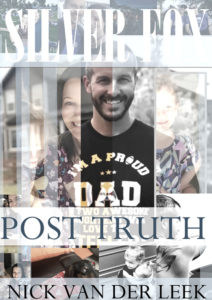
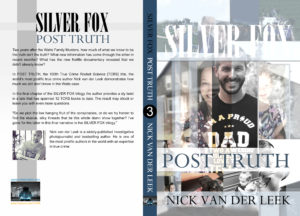





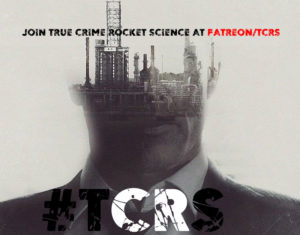

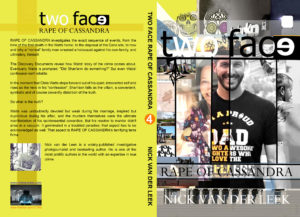
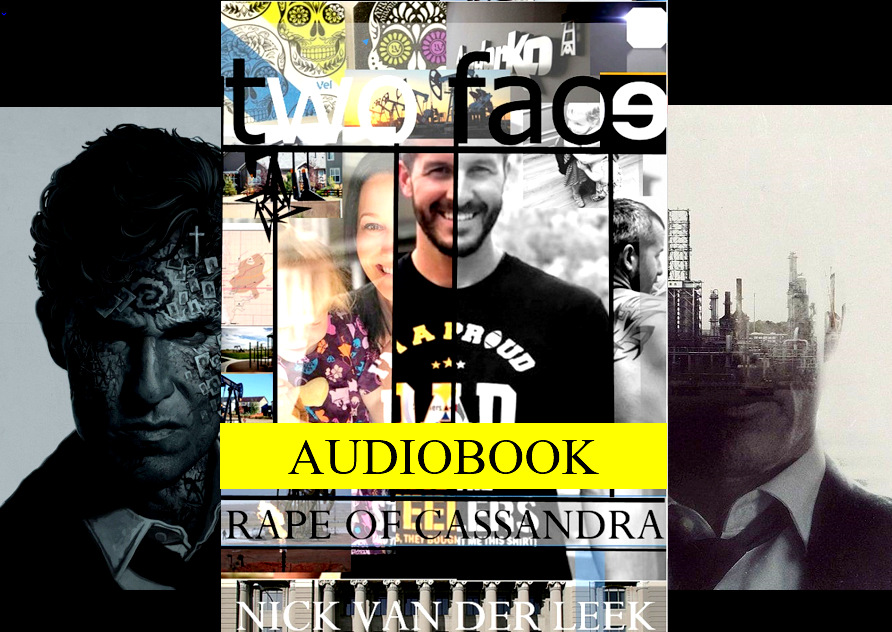
Recent Comments